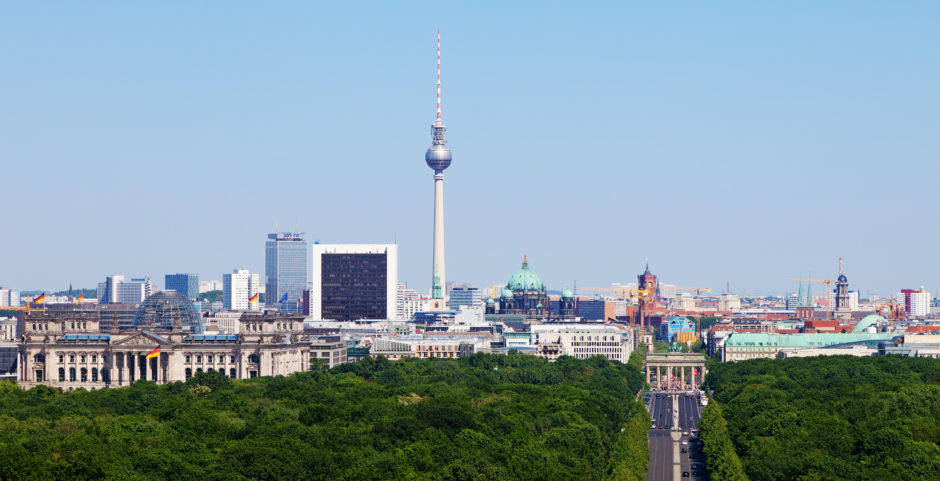At the risk of sounding monotonous, I return once more to Chancellor Angela Merkel’s hasty decision to allow more than one million Muslim migrants to flood into Germany since 2015.
Much to her probable astonishment and disappointment, it has had unintended consequences.
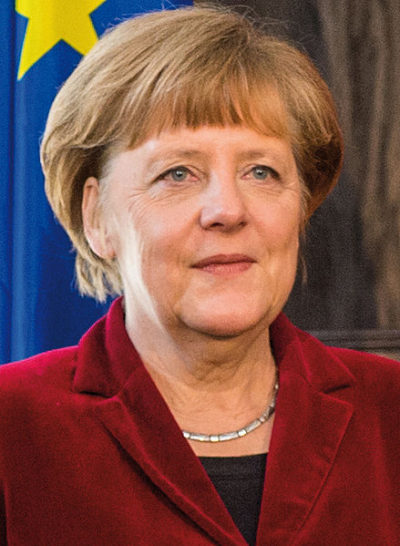
The majority of the newcomers are from Syria, an Arab police state whose anti-Israel rhetoric sometimes masks antisemitism. To be sure, multitudes of Syrians reject this kind of bigotry, but one can safely assume that a significant number do not. It’s also safe to say that several generations of Syrians have internalized these hateful attitudes and passed them on to their children.
Merkel, in all likelihood, did not seriously consider this factor when she invited the Syrians to resettle in Germany. In effect, Merkel — a philosemitic politician and a friend of Israel — unintentionally imported a crude brand of antisemitism when she offered them a safe haven in her country. With Germany still paying penance for its Nazi past, she may have calculated that a grand humanitarian gesture would be beneficial for Germany’s image and her legacy.
After all, what could be wrong with resettling the displaced and hapless citizens of a nation torn by a protracted civil war that has already claimed the lives of more than 400,000 Syrians?
Merkel’s assumption was sorely tested last week when a Palestinian asylum seeker from Syria turned himself in to police in Berlin after violently attacking two people wearing yarmulkes. The 19-year-old assailant and two accomplices accosted them in the Prenzlauer Berg district of the German capital. Assuming they were Jews, one of the perpetrators shouted Yahudi, or Jew in Arabic, as he attacked them.

In a bizarre turn of events, one of the victims was not even Jewish, but an Israeli Arab. Adam Armush, 21, told a German reporter from Deutsche Welle that he donned a kipa to determine the accuracy of a friend’s claim that it is dangerous to wear one in public in Berlin. He said he filmed the incident as evidence to show “the German people and even the world … how terrible it is these days as a Jew to go through Berlin streets.”
Berlin is not exactly a hotbed of antisemitism, but 947 antisemitic incidents, including 18 attacks, were registered last year.
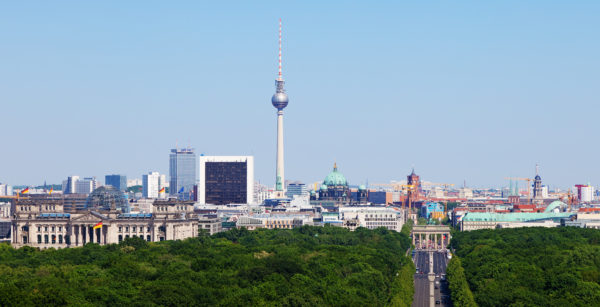
Nevertheless, Armush expressed consternation that he and his friend had left themselves open to being attacked by an antisemitic thug. “The truth is, I’m surprised something like this happened to me,” he said. “I’m still in shock.”
Not surprisingly, the incident caused quite a stir in Berlin.
Merkel, who recently appointed Germany’s first commissioner to combat antisemitism, issued a condemnation. “This is absolutely terrible … and we must act,” she said. “The fight against such antisemitic acts must be won, the reputation of our state is at stake, and we are committed to it with all our strength.”
Her sentiments were echoed by Justice Minister Katarina Barley and Foreign Minister Heiko Maas.
Calling the incident a “disgrace” to German democracy, Barley declared, “It’s unbearable that Jews in Germany are attacked on the open street in the middle of Berlin.” She made that comment before learning that the victim was not Jewish, but her point was well taken.
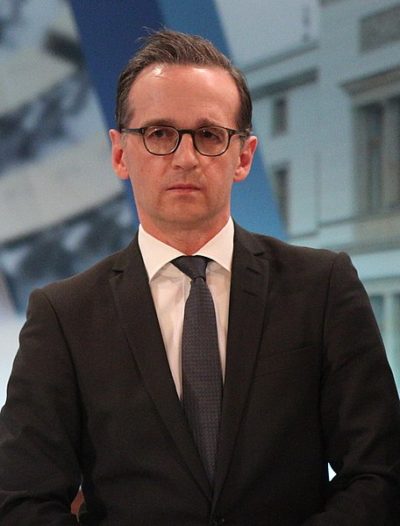
Maas said that Germany, in light of its instrumental role in conceiving and implementing the Holocaust, bears “a responsibility to protect Jewish life” in Germany.
Collectively, their reactions were appropriate, well-meaning and totally in keeping with Germany’s post-Holocaust obligations. But it was Joseph Schuster, the chairman of the Central Council of Jews in Germany, who put it best.
“This case,” he said, “must be met with the full force of the law.”
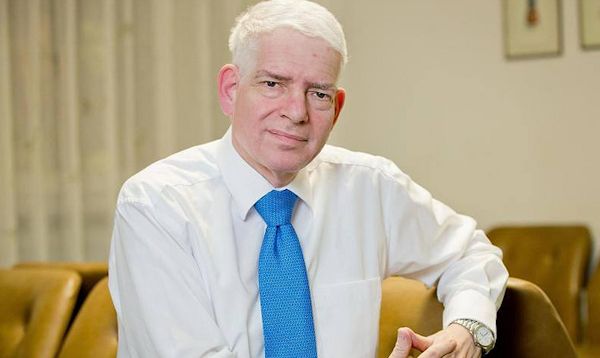
The German authorities must make an example of the assailant, identified as Knaan S by the police. They must also track down his two companions who were present when the attack occurred. They have a lot to answer for.
Beyond these imperatives, this incident illustrates the monumental problem that the German government created by admitting so many Muslims without properly vetting them or thinking of the possible consequences.
It’s a problem that will likely haunt Germany, and Jews, for years to come.
